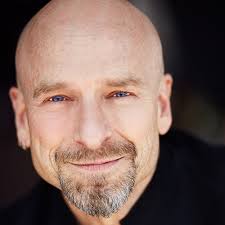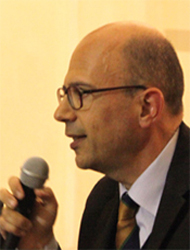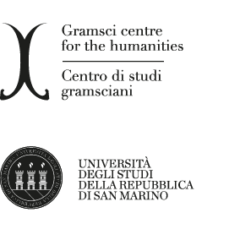To begin a discussion on the digital revolution in the humanities, we have asked some questions to our scientific advisors. Their answers will be published in eight issues. Here, as the sixth issue, Jeffrey Schnapp and Paolo Varvaro.
Index
I) Agnese Accattoli and Davide Bondì.
II) Peter Burke and Elisabetta Benigni.
III) Marco Filoni and Erminia Irace.
IV) Lutz Klinkhammer and Matteo Melchiorre
V) Donald Sasson e Luca Peretti
XI
Jeffrey Schnapp
What generation do you feel you belong to?
Born in 1954, I would be technically a baby boomer, but I have never found myself in generational definitions, perhaps largely because I am a restless spirit that in every decade has moved between disciplinary areas, time frames, methodologies. In my training, especially as a Hispanist, I always remember the importance attributed by Iberian historiography to generations (Generación of ’98, etc.) But in my personal experience labels of this kind never seemed useful.
How and when did – in your personal experience – the digital revolution take place?
I had already “soiled my hands” in the 70s in this area out of curiosity; then as a PhD student at Stanford I was at the center of the vortex and I found myself very well inside, despite the fact that my training was medievalist. By the middle of the decade, in the 80s, I was already travelling the world with a “laptop” computer that looked like a suitcase and needed a passport to enter Italy. For me, digital has always represented an adventure to follow alongside analogical methodologies and forms of knowledge.
Is the “old” way of working still present in your life? (for example: do you write by hand? do you use paper archives that you keep in order? do you usually go to the library to read?).
I don’t exclude any modus operandi, even if I work mainly with databases and online. That said, I have a particular passion for paper archives where I always have a greater feeling of living with the past. In databases you easily lose that tactility and physicality that in the cultural sector in particular is often a bearer of not negligible meanings. Apart from a few notes, I never write by hand. I frequent libraries with great pleasure but more and more rarely.
What do you think about the “digital” organization of scientific-cultural work? To what extent would you define the current way of working as new?
I would define it new precisely in the sense that I often manage to carry out research that would be practically impossible to carry out with traditional research methods: for example, I wrote an essay on asphalt in the cultural imaginary of the beginning of the 20th century working with very different sources – poems by poets, advertising, technical publications, novels, correspondence, etc., etc., etc. All found through web search engines. Then when working on quantity, the net (I confess, I have access to really everything thanks to Harvard) often seems unbeatable. That said, every channel has its limits. In certain searches the physicality of the object remains sacred.

Jeffrey Schnapp, professor of comparative literature at Harvard, director of metaLAB(at)Harvard, co-director of the Berkman Klein Center for Internet and Society, designer and historian of culture and art, carries out advanced research on knowledge design.
XII
Paolo Varvaro
What generation do you feel you belong to?
I belong to the generation of the sixties, the so-called baby boom generation.
How and when – in your personal experience – did the digital revolution take place?
It started in the second half of the eighties, when I started to use the personal computer, and it has developed progressively more and more massively since then.
Is the “old” way of working still present in your life? (for example: do you write by hand? do you use paper archives that you keep in order? do you usually read in the library?)
If by “old way of working” you mean the use of pen and paper for writing, the answer is no. On the other hand, my reading methods remain mainly paper, limiting the use of digital technology to bedside table or train readings.
What do you think about the “digital” organization of scientific and cultural work? To what extent would you define the current way of working as new?
Rather than the digital organization of scientific-cultural work (which is conformed, at least in the humanities, according to procedures and methods that are mainly subjective) I would speak of digital resources available for scientific-cultural work. The increase in the amount of knowledge sources available to anyone and without efforts to find them requires the use of selective criteria that were previously identified a priori, while now they must be identified a posteriori. Notwithstanding the possible pollution of historical data, the multiplicity of sources represents an added value for any scientific-cultural work.

Paolo Varvaro, historian at the University Federico II of Naples, works on the Italian political and cultural history of the second half of the 20th century. He is very interested in the cinema, of which he is a sophisticated connoisseur.

